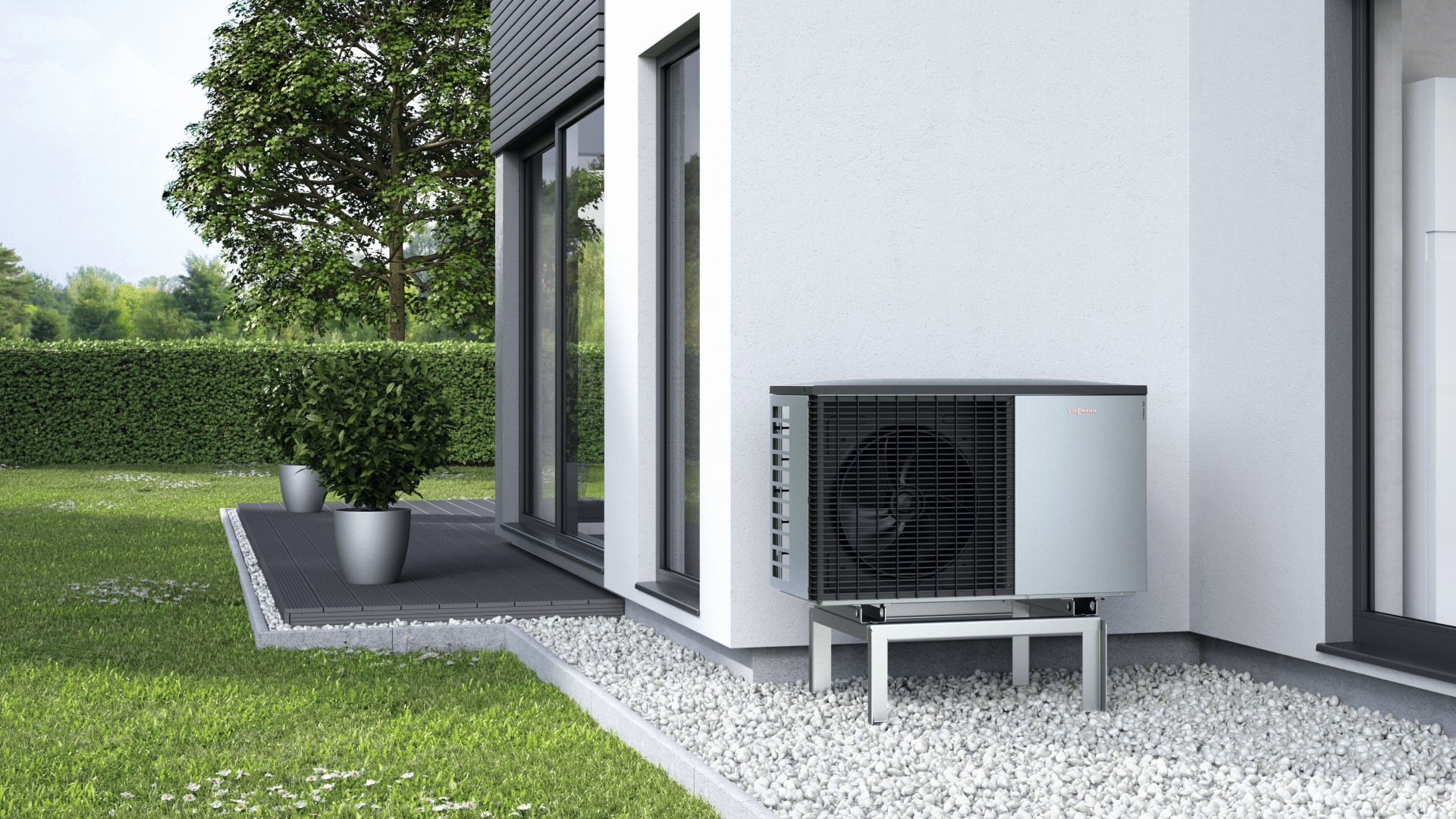Geothermal energy is a form of renewable energy that uses heat stored within the Earth for a variety of purposes, including heating and cooling buildings.

A heat pump is a device that transfers heat from one area (called the heat source) to another (called the destination). Heat pumps use cycles of compression and expansion to move heat from one place to another.

In heating systems, geothermal energy can be used as a heat source, which is supplied to a heat pump. The heat pump then raises the temperature of this heat and transfers it to the building’s heating system.
During the summer, the heat pump can operate in reverse, capturing excess heat from inside the building and releasing it into the ground, using the geothermal system as a heat source to dissipate the heat.
Heat pumps are an efficient and environmentally friendly solution for comfortable space heating, cooling and water heating. They continue to grow in popularity as they help reduce dependence on fossil fuels and reduce greenhouse gas emissions, which is important for sustainable development and the fight against climate change.
- Energy Efficient: Heat pumps are highly energy efficient, meaning they are able to produce heat or cooling using minimal energy.
- Environmentally Friendly: Using heat pumps reduces the consumption of fossil fuels such as natural gas or heating oil, resulting in reduced greenhouse gas emissions and air pollution.
- Reduce dependence on fossil fuels: Heat pumps can use renewable heat sources such as geothermal energy as well as ambient air, which helps reduce dependence on volatile fossil fuel prices.
- Improved comfort: Heat pumps provide uniform and consistent heating and cooling of rooms, which improves comfort inside buildings.
- Reduced Energy Costs: In the long run, using heat pumps can result in lower energy bills and saved money for consumers.
- Support climate resilience: Using less fossil fuels and reducing greenhouse gas emissions helps combat climate change and support resilient ecosystems.
Because of these benefits, heat pumps are becoming an increasingly popular choice for heating, cooling and hot water in residential, commercial and industrial buildings. They play an important role in reducing the impact of human activities on the environment and contributing to the transition to a more sustainable and clean energy system.

